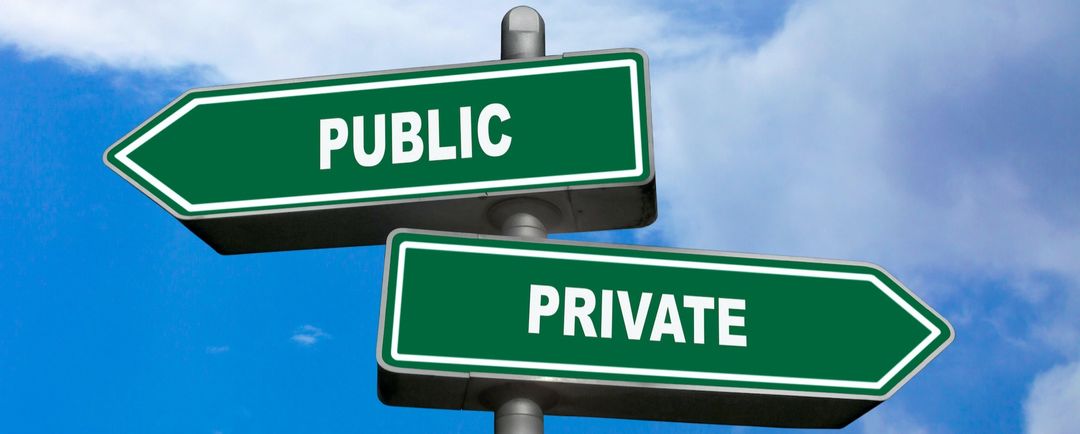Private vs. Public Schools
 709
709

In Canada the law states that children must receive an education, but you can choose where your child receives their education. You can choose any school you want, so long as your child can attend classes.
There are 2 main types of schools in Winnipeg and Canada: private schools and public schools. This article will explore the benefits of both so you can decide where you want your child to receive their education.
Private schools
Private schools are schools that are not funded by the federal government, but by individuals and/or organizations. Because the government doesn't fund them you will typically have to pay the school a fee each year to educate your children. The classrooms will usually be smaller than in public schools.
For a list of the private schools in Winnipeg click here.
Benefits of private schools:
- Class sizes are usually smaller (better to help students learn)
- Usually has a good reputation to help your children get into post-seconday schools (universities and colleges)
- Provides many educational options including:
- international exchange programs
- advanced placement (AP)
- International Baccalaureate (IB)
- faith-based schools (Christian, Jewish, Muslim)
- single gender schools
- special needs schools.
- Excellent extracurricular (after-school) activities or special programs (arts, sports, clubs, music).
- Well-trained and educated teachers
- Not funded by tax dollars, so there's more freedom in classes and school decisions
- A larger amount of students in public schools may lead to less attention towards individual students and more bullying issues.
- Public schools may have more bureaucracy, leading to less innovation in the kinds of classes they offer
- In public schools children who are less assertive or different may miss out on social and leadership opportunities
- Classes will not be as overcrowded as public schools socstudents will likely get more attention and academic support
- Many private schools meet or exceed provincial education standards.
Public Schools
Public schools are schools that are funded by the Canadian government (so you don't have to pay for your children to get an education as they are paid through taxes). This is by far the most common way children in Canada are educated.
Benefits of public schools:
- Cheap! Public school is free, paid for by Canadians’ tax dollars whereas many private schools are expensive
- Private schools are often picky with who they let in. This can be stressful
- Like private schools, some public schools offer specialized classes or programs (math, science, arts, special needs, etc.)
- Don't require students to take entrance exams or interviews to attend the school
- Students are more likely to be exposed to a wider range of people (culturally, socially, economically)
- Students in public schools are typically grouped by their geographical area, which can be good for socializing and building social circles outside of school
- Teachers in North American public schools are well-educated (must have a bachelor’s degree, as well as federal and/or provincial certification).
- Canadian education system is rated highly internationally
- Public schools are managed by provincial governments and local school boards.
- Top public schools may have a wide range of resources and technologies.

